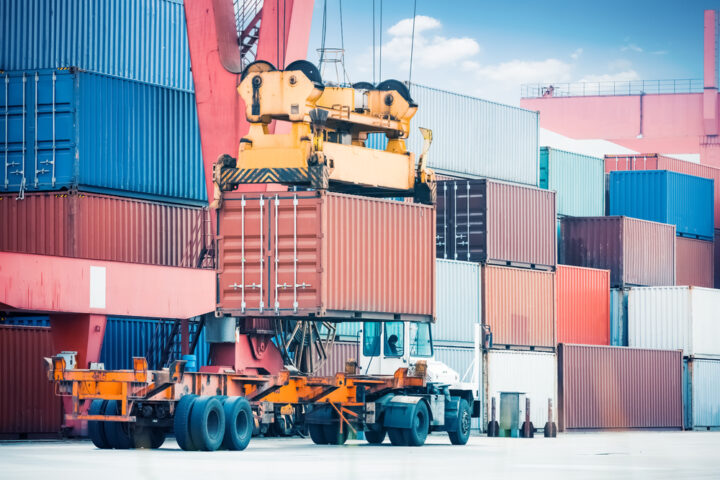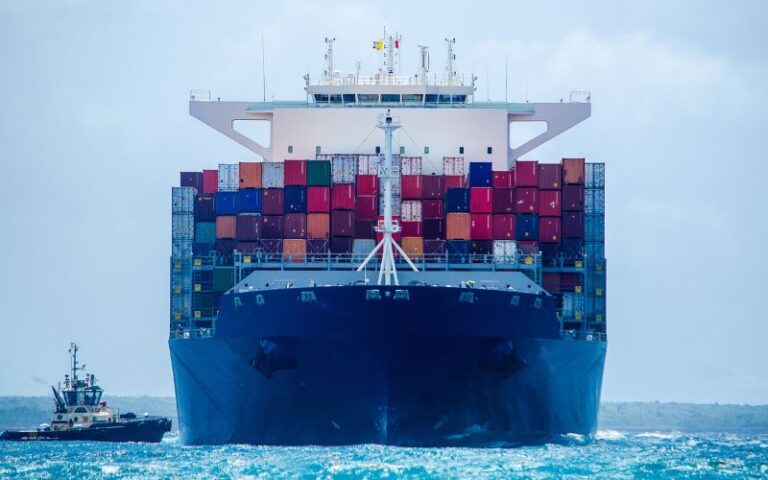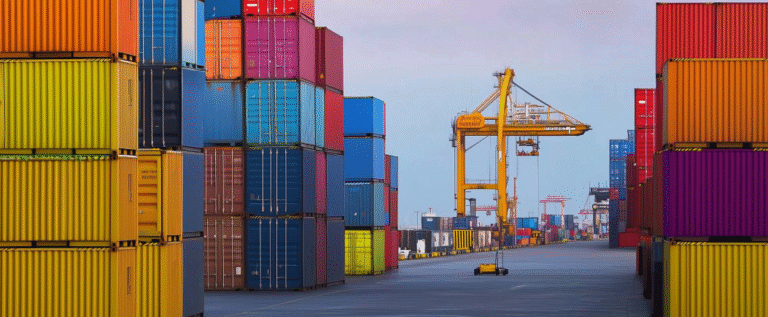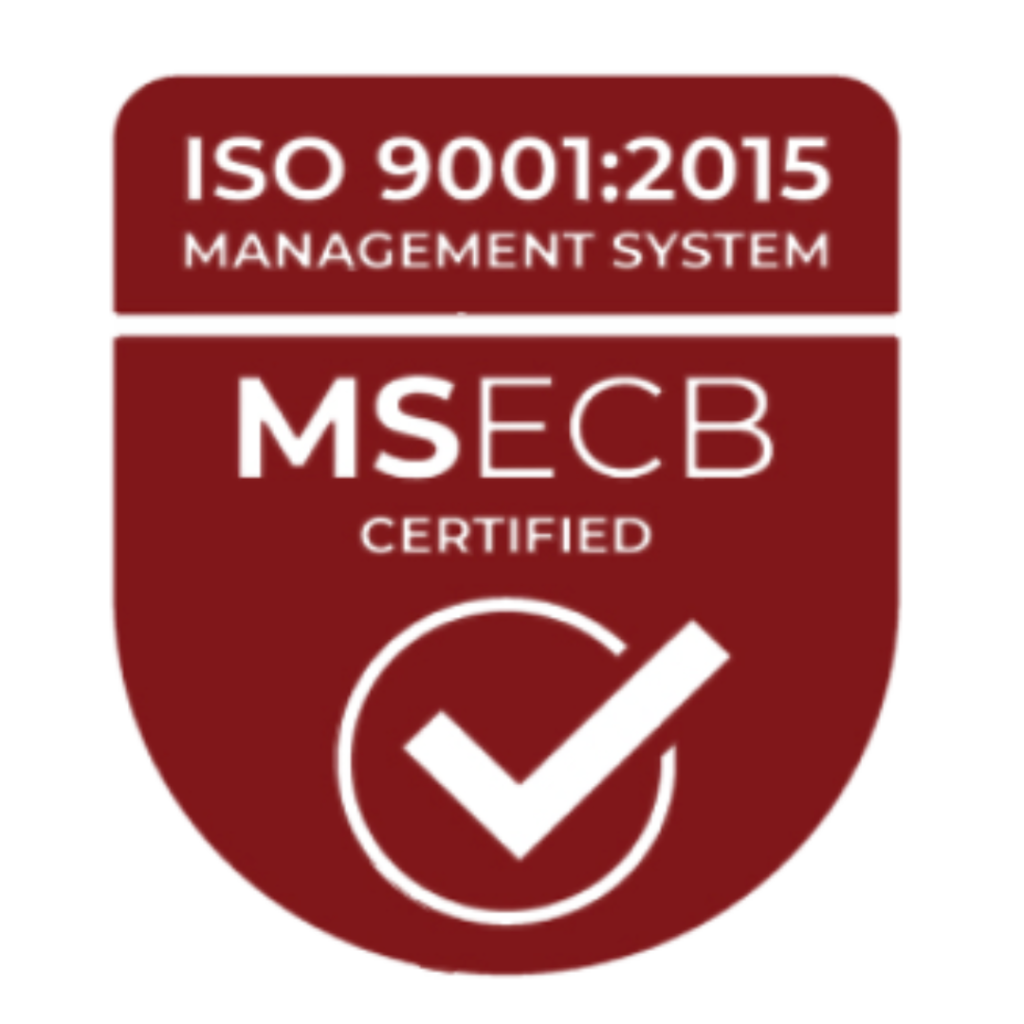Temporary importations form an integral part of general as well as international business operations. They are products that are never offered for sale but are temporarily warehoused in-country before re-export. It involves intricate customs procedures, special authorization, temporary duty, warehousing, logistical arrangements, and stringent deadlines.
African businesses can overcome shipping challenges by partnering with a reputable ocean shipping agency. Experienced agencies help navigate complexities like re-export regulations, secure warehousing, and local clearance, minimizing costly penalties and delay fees. Here are key steps to optimize profits through effective partnerships.
1. Start with Unambiguous Scope and Documentation
Front clarity constitutes the base upon which effective temporary import operations operate. When you are working with a marine firm, the greater the amount of pre-context made available upfront, the better your operation will run. Provide your marine counterpart with detailed information, such as:
- Written Intention of the Import: Classification at Customs relies on intention; proper purpose will result in proper permit treatment.
- Length of Stay to be Anticipated and Date of Expected Re-export: Assists the agency in making bond and advance arrangements for re-export documents.
- Itemization of Cargo with Values, Weights, and HS Codes: Critical when determining duty suspension, customs entries, and harbor handling procedures.
- Cargo Categories (i.e., machinery, electronic equipment, hazardous cargo): There’s detailed regulation per category; disclosure of this forestalls clearance/inspection delay.
- Terminal Operation and Port Selection: Allows agents to make advance plans about local operation constraints, berthing allocation, as well as organize shore handling resources.
- Earlier Temporary Import Precedents: Helps inform the agency’s response, drawing upon experience and good practice.
Having this base in operation, the agency can tailor bond applications, permit prep, and paperworks to accommodate port authority procedures and site practice by evading potholes, eroding errors, and ensuring successful startup planning, startup planning, and after startup.
2. Check Licensing & Custom-Broker Capability
Temporary imports require special customs regimes, which not all shipping companies can handle. To avoid bonding issues or fines due to misclassification, partner with:
- Licensed customs brokers/bonded agents abroad. These statuses ensure that bonded cargo is dealt with in the right manner, along with a legal appearance to customs.
- Brokers that maintain efficient working relationships with customs, port health authorities, and quarantine services. Structured relationships will reduce processing time as well as prevent unnecessary inspections.
- Possess hands-on experience in dealing with temporary importation and re-export procedures: Such experience would make them conversant with duty exemptions and regulatory schedules.
- Maintains procedure norms or quality certifications records for appropriate handling.
- Assists in obtaining partners with matching credentials to refrain from misinterpreting customs codes, insufficient bond issuing, or mistaking temporary importations as permanent, with each potentially attracting unintended penalties, regulatory investigations, or seizure of cargo.
3. Synchronize Duty Exempties with Temporary Import Bonds
Effective management of bonds and obligations will lower costs considerably
- Your agent should submit applications for temporary import permits/bonds when the ship arrives.
- Define conditions such as maximum tenure, bond release mechanisms, and customs examination procedures
- High-value freight or special-regulated freight could face third-party examination, valuation, or bonded examination
- Your organization must provide haste of refund/cancellation of the bond on re-export
This guarantees that the exemptions are utilized and maintained optimally, avoiding bunching of bonded duty.
4. Secure Storage & Port Handling
Temporary import needs adequate storage as well as handling:
- Select a bonded warehouse-accessible ocean freight forwarder, or obtain warehouse storage.
- Verify procedures in effect for access, insurance, and freight monitoring while in storage
- Ensure the facility has cargo-specific needs (e.g., weigh scales, access to rolling equipment, coverage over risk of depreciation)
- Make sure that inland container depots or free zones are available, especially if inland use is required before re-export.
These configurations reduce risk in cargoes while optimizing planning and handling in logistics.
5. Set Cargo Tracking & Regular Reporting
Tracking temporary import status in real time keeps SCM operations on track:
- Your agent has to give you early warning regarding import clearance, customs examination results, storage location, and re-export schedule
- Identify whether they provide digital dashboards, shared document portals, or automated alerting
- Regular communication will facilitate anticipatory management of delays, paperwork inaccuracies, or timetable interruptions
Informed planning prevents costly delays and promotes efficient coordination.
6. Re-export Planning and Verification of Compliance
And with imminent re-export, special procedures apply to absolute compliance:
- Prepare complete shipping documents (export declaration, shipping manifest, commercial invoice)
- Coordinate the return of bonded goods or confirmation of the closure of bond
- Ensure that customs tax or duty, where relevant, is covered.
- Make terminal or trucking slot reservations for export transportation
- Make sure that you package and label cargo according to the export grade specification
Proper coordination ensures fast re-export and waiver-free finishing of ad valorem import customs duties.
7. Offer Insurance and Liability Protection
Sufficient cover is needed for temporary imports
- Have cargo-in-transit coverage during the whole temporary import process
- Make sure bonded storage warehouses are insured against loss, theft, or damage
- In hire equipment rental, terminal warehouse cover (short-term hull liability covered) could be demanded
- Ensure risk of compliance (financial penalty or contamination of the environment) is controlled or reduced
Thorough coverage secures your assets and money against unexpected occurrences.
8. Demand Improved Fiscal Accountability
Clean accounts facilitate control over the budget and simplify auditing:
- Request an actual Proforma Disbursements Account (PDA) with port, customs, warehousing, bond application, and handling charges.
- Upon payment, insist on a Final Disbursement Account (FDA) with receipts and bills
- Make sure all the line items are properly named (e.g., “Temporary import bond application” rather than “Customs charges”)
- Make frequent small reconciliations to prevent overbilling or surprise bills
Transparency in accounting permits greater dependency, simplified review procedures under time pressure.
9. Actively Manage Time and Export Deadlines
Good time management avoids costly compliance violations:
- Make a shipping program with check-points—arrival, customs clearance, equipment use, packing, bond expires, truck/sailing dates
- Track permit expiration dates and re-export deadlines, with reminders well in advance
- Planning pays off monetarily, and schedules align rather quickly
Well-planned timetables result in operations running smoothly with less tension.
10. Execute Post-Operation Debrief & Continuous Improvement
After finishing the operation
- Review Final Clearance and FDS Documentation
- Brief your agent shortly—one-line summary, emphasize successes, mention areas where you can simplify
- Adjust regular procedures for prospective temporary import vehicular crossing
- Monitor export bond processing time and situation to enable subsequent processes.
These behaviours define learning and allow for certainty in subsequent interactions.
Why Wolid International Ltd. is a Top Facilitator of Temporary Imports
It has been Wolid International Ltd’s honor to be an honest brokerage firm under temporary importation in West Africa and in Nigeria because of its:
- In-depth experience working with customs, bonded permits, and duty bonds
- Access to secure bonded warehouse and maritime storage facilities
- Electronic tracing systems, while exchanging documents and shipment visibility, transparent PDA/FDA budgetary processes that guarantee budget integrity
- Effective coordination with the ports and terminal authorities at all times
- Adapting in situations where conditions evolve over time
- Cargo and equipment dealing sector specific to the mining, manufacturing, or exhibition sector
- By having us work with Wolid, your temporary import is a simple, compliant, and cost-effective endeavour.
Call us: +234 803 000 0000
Email: operations@wolidshipping.com
Visit: www.wolidshipping.com
Conclusion
It’s crucial you get an experienced shipping firm as your companion when dealing with temporary importations in sophisticated ports. It’s grounded on understanding, regulation awareness, safety, planning, insurance, liability, and hi-tech operations.
Wolid International Ltd brings all these services under one roof, enabling your temporary import expeditions to be smooth, legal, and efficient. Utilize us as your ally when you enter or when you are leaving the hindrances of temporary equipment operations in Africa’s ports.





